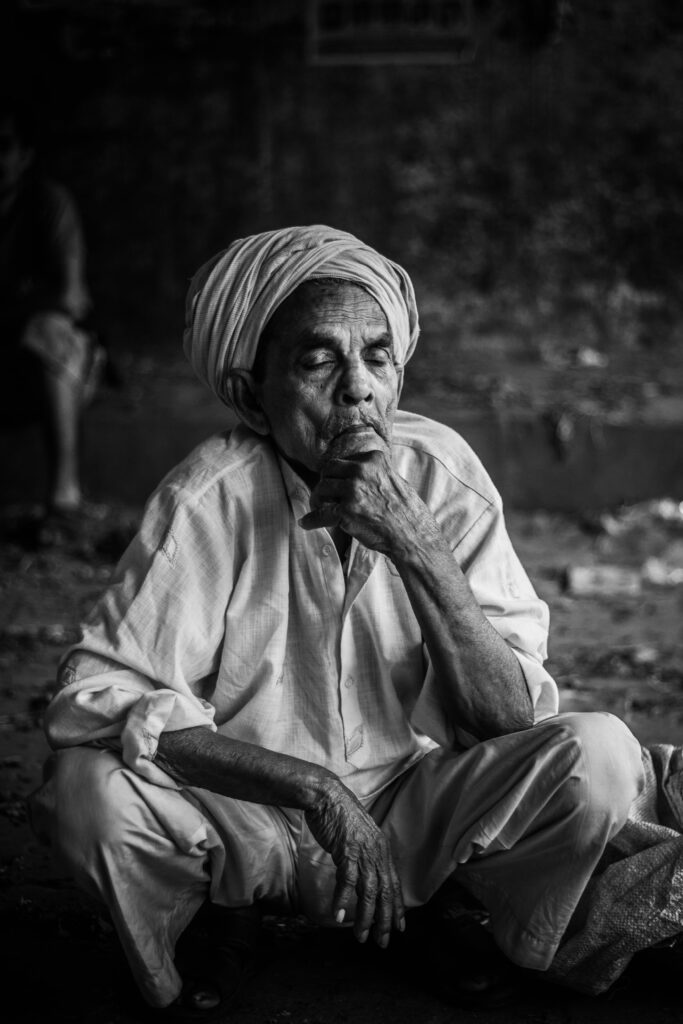Grief



"Grief is not a disorder, a disease or a sign of weakness. It is an emotional, physical and spiritual necessity, the price you pay for love. The only cure for grief is to grieve."
- Earl Grollman
There is no logic in grief. Society tells us to be strong, get over it, move on and find closure. However, we know the opposite to be true. Allow yourself to feel all the ways you are feeling, go through the process. The faster you run through your feelings the longer your healing will take. Remembering your loss with more love than pain, allows for a shift in your mind so you can begin to heal.
The 5 Stages of Grief:
- Denial – This helps us to survive loss. It is common to feel numb.
- Anger – Anger is a necessary part of grief and can be entirely without limits. Underneath your anger is pain.
- Bargaining – Guilt often goes hand in hand with bargaining. You may constantly be thinking ‘What if?’ or ‘If only?’.
- Depression – As your attention moves to the present, you may begin to feel the grief on a deeper level. It is not a sign of mental illness but an appropriate response to significant loss.
- Acceptance – Accepting reality is the new ‘norm’, of which we must learn to live.
“We can’t heal what we don’t feel.”
- David Kessler
There is no map to help you navigate the stages of grief. David Kessler, a renowned grief expert stated, “Each persons grief is as unique as their fingerprint”. The stages of grief follow us, we do not follow them. In less than an hour, you may experience all the stages of grief before circling back around and starting over again.
Grief is commonly seen as an emotional and psychological phenomenon, but grief can affect all aspects of the body. It is emotional but we do not just feel shock and disbelief followed by anger and limitless sorrow. There are a seemingly unending spiral of emotions we may experience. Have you found yourself feeling anxious, confused, lonely, frustrated, resentful, helpless, in despair or empty? These are all common symptoms of grief.
"Our grief is as individual as our lives."
- Dr. Elisabeth Kubler-Ross
Although death is the most common type of loss, in truth, we can grieve many different things. Grief can be the loss of a relationship, changing jobs, the death of a pet, loss of your faith, moving or divorce. In loss; hopes, dreams, plans and expectations may shift. Grief has the capacity to alter our sense of self and perception of how we fit in the world.
Grief is also physical and manifests itself in numerous ways. Have you experienced nausea, dizziness, restlessness, exhaustion, aches and pains and changes in sleep, appetite and concentration?
Grief has its own timetable and method. Just as you begin to believe you understand the process, it changes. Some moments you can feel emotionally overwhelmed, others completely numb, and at others times feel you have it under control. For more profound loss, grief may never get smaller, but with time and support, you learn to grow around it. Grief will not always be painful, but you may always grieve what you lost.